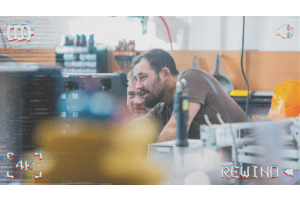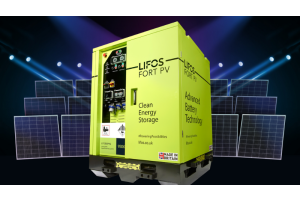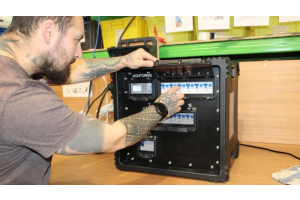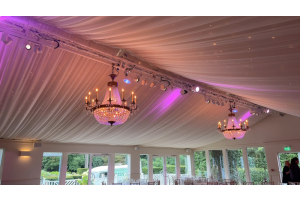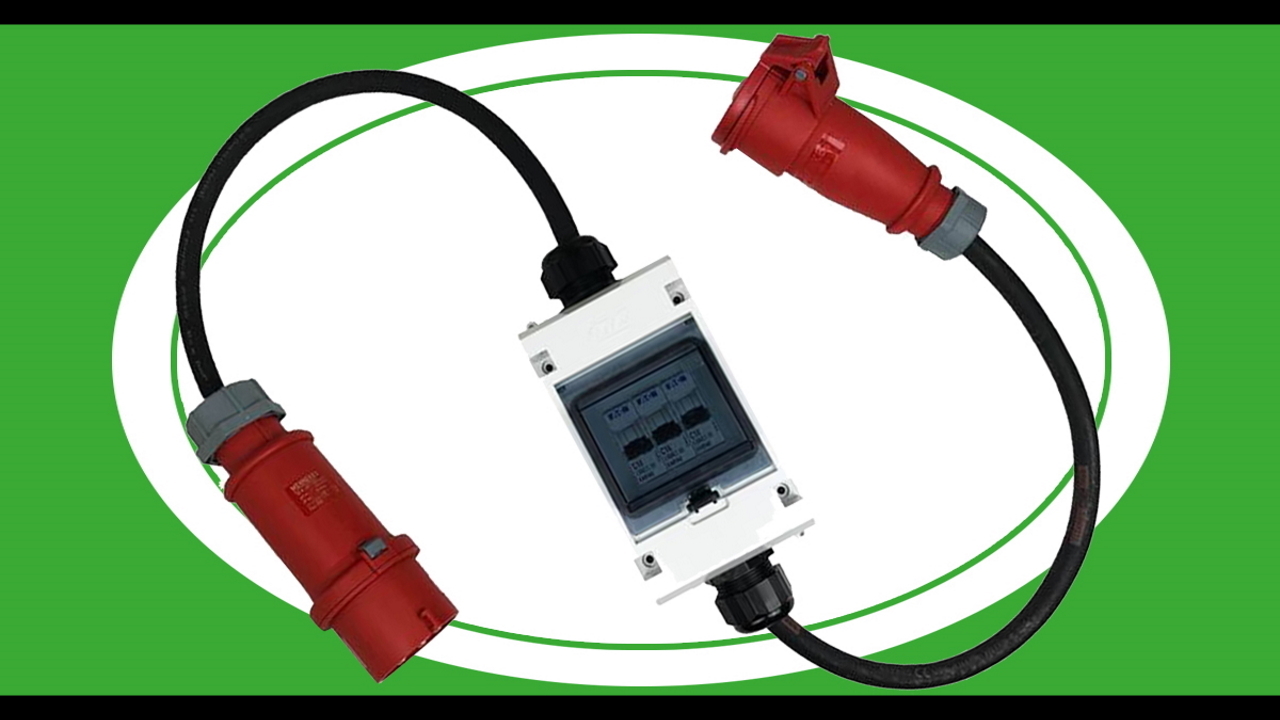
Safety First…
When it comes to Mains Adaptors we have had some shocking requests. Knowing how dangerous electricity can be, we thought it would be a good opportunity to get our in-house technical experts to give you a quick safety brief.
Before we start, if you’re ever in doubt as to what is safe and what isn’t – STOP. It’s not worth the risk.
Our experts are always on hand to answer any query no matter how simple or complicated, no strings, just safety.
Mains electricity is potentially very dangerous, three phase electricity with a higher voltage is even more so. If you need help or advice just call and ask us.
Plus, always check that what you are doing complies with the relevant regulations as these vary around the world.
One of the more common queries we get is our customers arriving at a new site to find that the power socket they have been given is different from what’s on the equipment list that they have. They call looking for a quick fix.
So here goes – What you need is an adaptor.
When you are jumping up in amps e.g. from 16A to 32A the solution offered is often simply a piece of cable with the appropriate plugs and sockets at each end to allow you to connect things.
We can manufacture these for you with very quick turnaround time.
Golden Rule of Adaptors:
All adaptors only have one plug – they might have single or multiple sockets, but only ONE plug.
An adaptor with more than one plug, is potentially lethal, as the exposed pins of the plug (when only one end is plugged in) could be live and cause an electric shock.
There are different types of adaptors:
Multiway Adaptors – used to plug in multiple devices into a single supply
Step Up Adaptors – used to plug in a device with a larger plug than the available socket.
The adaptor plug end has a lower current rating than the socket end, which has a higher current rating. These are very common for powering up things like catering trailers; yachts etc
Step Down Adaptors – used to plug in a device with a smaller plug than the available socket.
The adaptor plug end has a higher current rating than the socket end, which has a lower current rating.
These need to be used with great care, as it is possible to overload the plug, cable and appliance, causing overheating, fires, electric shocks etc.
We manufacture these with an in-line overload trip to prevent this, these are normally called Cable Protectors. They are very common for power up a thing like catering trailers, yachts.
Phase Split Adaptors – used to split 3 phase supplies to single phases.
This is the simplest way to split 3 phase power to single phase. Care has to be used in each application as there is no extra protection. They are often used at events when a single phase is required.
Adaptors for Test Purposes – These adaptors are for use by professionals only.
It is possible to damage equipment or expose people to electric shock if used incorrectly.
Examples include:
- Step down adaptors without trips or fuses – often used to test cables.
- Phase Jump – often used to power portable 3 phase distribution boards from a single-phase supply. The board will only supply a single phase, but all sockets will be live on that single phase.
If the equipment you have has a lower rating than the socket you have been given, you can quite simply use the adaptor supplied and plug it in.
However, depending on which way around you need the adaptor this could potentially be deadly.
If you go up in power (e.g a piece of equipment with a 32A plug is plugged into a 63A supply) then there must always be a circuit breaker between the socket and the equipment – this would then trip before a higher current would pass through the cable.
The bottom line is:
- Make sure the venue or generator power matches what your power needs
- Use proper power distribution boards
- Do your sums, add up the total load of everything that you want to plug into your adaptor, and make sure it is less than the rated capacity of the adaptor.
- Remember – never plug into a socket that can provide more power than your equipment unless there is a circuit breaker in between.
Here at Essential Supplies, we have a wealth of technical knowledge and experience.
We pride ourselves on being able to answer your technical questions and producing a product solution that suits you yet is safe and legal.
If in doubt, give us a call on 01752 817 140.
Check out our range of Cable Protection Enclosure with RCDs, MCBs and RCBOs here.

